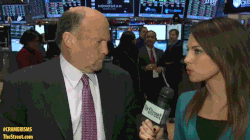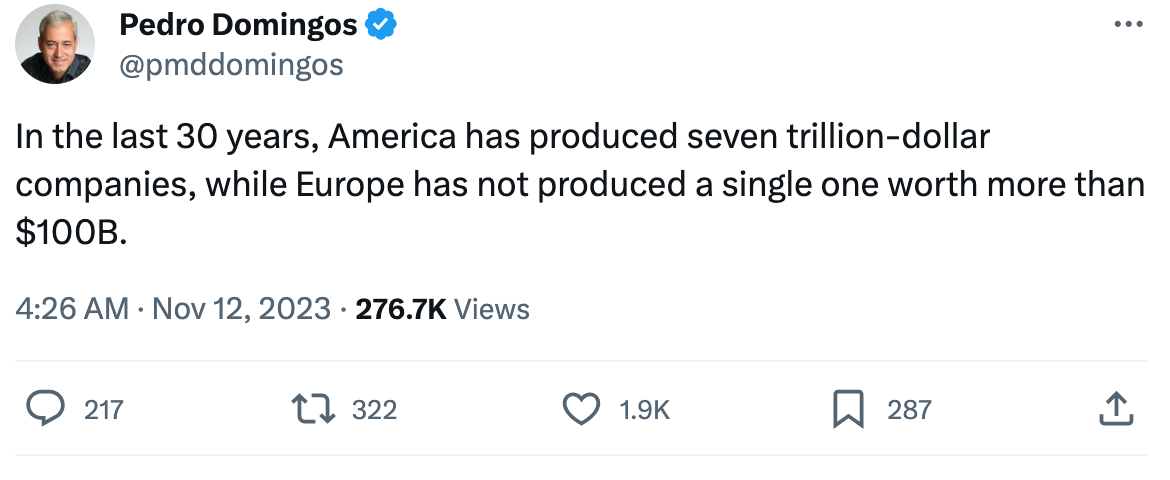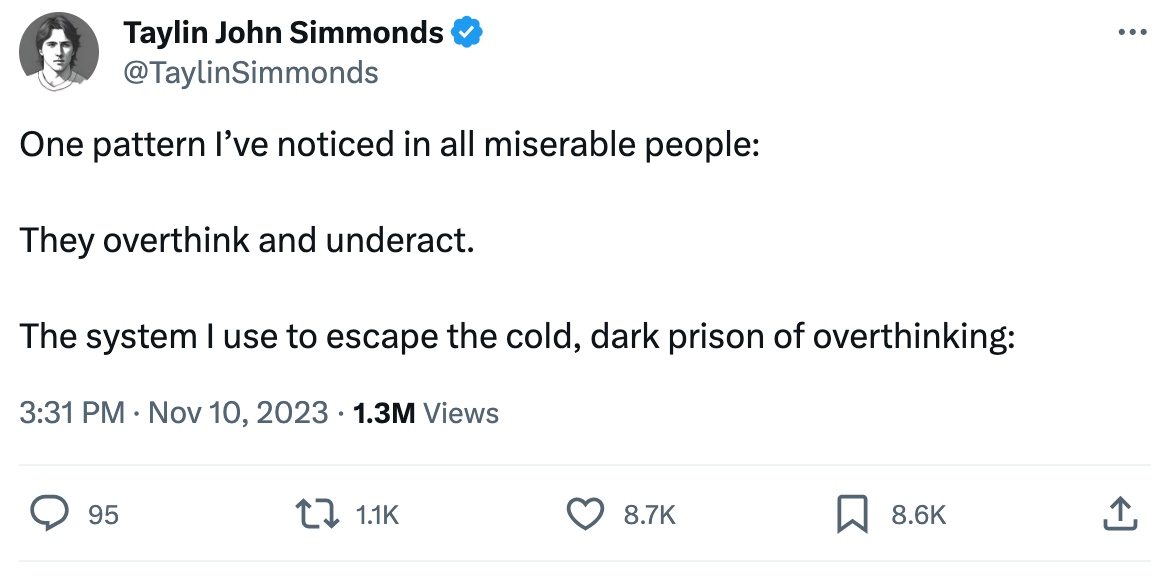Moneyball is a fortnightly newsletter from Koble exploring the limitations of human decision-making and their implications for startup investing.
We’ve spent two years developing our groundbreaking algorithms, which discover early-stage startups that outperform the market and predict their probability of success.
This week
🧠 Mental Model #28 – Switching Costs – The Intelligent Acceptance Of Illiquidity
📖 Investor reading – Investors shake-up VC market by raising money to buy out start-ups – Attenuating Innovation (AI) – US media veterans back new trading firm with financial news arm
💬 Some tweets – It’s so easy to be great cos so many are mediocre – In the last 30 years America has produced seven trillion-dollar companies – One pattern I’ve noticed in all miserable people
The Intelligent Acceptance Of Illiquidity
Business textbooks tell us that “Switching Costs” are the pain that a consumer experiences when switching from one product to another.
Changing brands, suppliers, or products can be expensive – both financially and psychologically. It’s why people rarely switch banks, utility providers, houses, cars, operating systems, spouses. Oh yes, and razors.
In 1902, King C. Gillette started selling inexpensive razors with disposable (patented) blades. The result was sustained high demand for blades, as customers realised that they would incur additional costs in buying a new razor.
A new way of shaving – and a new business model – was born.
In the world of investing, switching costs can also refer to the process of “rebalancing” a portfolio. In public markets, they’re associated with the economic cost of buying and selling securities. And when it comes to generating returns over the long term, transaction costs are a very bad thing.
Investors tend to overtrade, leading to impaired performance. Barber and Odean have shown that while there’s little difference in the gross performance of individual investors who trade frequently and those who trade infrequently, the net returns of infrequent traders are higher by around 7% per year.
It’s not that these people are better at trading – they’re better at avoiding the transaction costs that come from trading.
Benjamin Graham once observed that:
“The investor’s chief problem – and even his worst enemy – is likely to be himself.”
In the era of RobinHood, crypto trading, and the anti-wisdom of CNBC, this has never been more true. Combine Homo Sapiens’ innate desire for instant gratification with so-called “frictionless” investing, and you get something that is deeply harmful to financial health.
At best, the relentless pursuit of liquidity leads to rash decision-making driven by short-term market fluctuations. At worst, over-trading destroys our ability to generate returns over the long run.
We live in a world of (almost) infinite choice. In our work, play, and everything in between, the horizon is seemingly endless. The results of this poisoned chalice are overwhelm and inertia, or self-destructive context-switching which harms our productivity and wellbeing.
Of course, there are some fields in which inaction is the default.
Private markets like private equity, private credit, real estate and venture capital have historically delivered an “illiquidity premium” to investors. Institutional investors have recognized this premium, and have allocated significant volumes of capital.
Legendary endowment investor David Swensen famously stated that:
“The intelligent acceptance of illiquidity, and a value orientation, constitutes a sensible, conservative approach to portfolio management.”
Throughout Swensen’s tenure as CIO of Yale’s endowment fund, he often allocated between 70%-80% of the university’s portfolio to alternative investments. He disrupted the endowment industry’s reliance on stocks and bonds – the 60/40 model – driving huge outperformance.
Implications for investors
In the corporate world, switching costs create significant competitive advantages for businesses. And they can do the same for investors, too.
In traditional Venture Capital, switching costs are an unlikely friend that stops investors from falling prey to impulsive, self-destructive behaviour. They help us to think and act long-term, whether we like it or not.
This scales down from heavyweight institutional investors to angels. Venture Capital is quintessentially illiquid, and that perceived flaw acts as a safeguard against self-destructive behavior.
When investors commit capital to long-term, illiquid investments, they create a psychological barrier that discourages impulsive decision-making. This commitment simulates a level of patience and discipline that is often lacking in the face of market volatility.
As VC becomes more technologised, we will likely see illiquidity premiums fall – for investors and founders. But in the world of investing, liquidity is always relative.
Venture Capital will never be as fast and liquid as public markets. And for those who can afford to wait, that is a very good thing.
Work with Koble
At Koble, we’ve spent two years developing our groundbreaking algorithms, which discover early-stage startups that outperform the market and predict their probability of success.
We’re working with forward-thinking angels, VCs, family offices, and hedge funds to re-engineer startup investing with AI. If that resonates, get in touch.
Investor reading
💰 Investors shake-up VC market by raising money to buy out start-ups – Investors expect that the demand for such buyouts will rise as the slowdown persists and more companies face a potential cash crunch.
🤖 Attenuating Innovation (AI) – We should accelerate innovation, not attenuate it. Innovation and technology, broadly speaking, are the only way to grow the pie.
📈 US media veterans back new trading firm with financial news arm – The fund would get exclusive access to market-moving stories before they are published.
Some tweets
Parting shot
“If people never did silly things, nothing intelligent would ever get done.”
― Ludwig Wittgenstein
Regards from your [intelligent] startup investing AI,
About Koble
Koble is re-engineering startup investing with AI, applying quantitative strategies that have disrupted public markets to early-stage startup investing.







